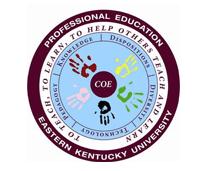Abstract
This pilot study used the Theory of Planned Behavior (TpB) as a framework for developing a questionnaire that will help with planning professional development pertaining to the science and engineering practices, with the intention of repeating the same process for the mathematical practices. To ensure that all components of the new standards are implemented with fidelity, teachers should be provided with the appropriate tools, understanding, and administrative/peer support in order to foster their buy-in of the changes. Efforts to implement the new standards in all classrooms require a concerted effort in the planning of Professional Development (PD) for appropriately preparing teachers for the infusion of the science, engineering, and mathematical practices, which were new introductions to the standards’ format. The TpB, which has historically been used primarily in health and physical sciences, provides a sound framework and methodological approach for monitoring teachers’ attitudes and beliefs, thereby leading to predicting teachers’ behaviors in implementing the practices. This article provides an overview of the science, engineering, and mathematics practices; the constructs of the TpB; a description of how the TpB provides a solid framework for planning PD; and a discussion of the implications of applying the TpB in an educational setting, specifically for planning PD within the context of the practices.
Recommended Citation
Jones-King, Brandi and Musselman, Meagan
(2014)
"Implications for Math and Science Professional Development within the Theory of Planned Behavior,"
Journal of Excellence in College Teaching and Learning: Vol. 11, Article 8.
Available at:
https://encompass.eku.edu/kjectl/vol11/iss1/8

